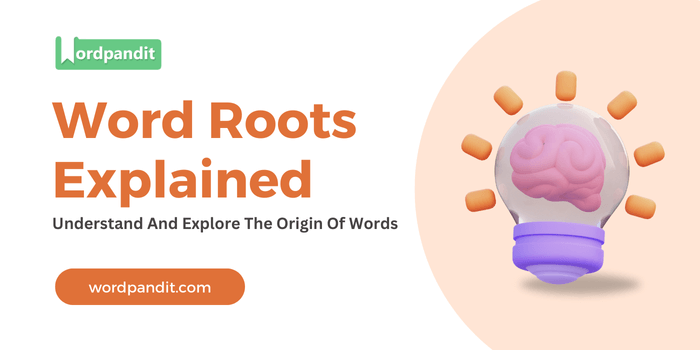Exploring the Mort Word Root: Insights into the Language of Death
The Latin root Mort, meaning ‘death’, underpins words that speak to our mortality and the inevitable end all living beings face. This root manifests in various terms in English, illustrating the diverse ways in which death influences language. A familiar saying captures this essence well: “We are but mere mortals,” underscoring our finite nature contrasted against the eternal.
Example Sentence: Every time he thought about the mortgage, he wished he had been moribund.
Words Derived from the Mort Word Root
Commonly Used Words:
- Mortality: The condition of being mortal, or susceptible to death.
- Mortgage: A long-term loan typically used to purchase property, highlighting the ‘death pledge’ until its repayment.
- Mortician: A professional involved in funeral preparations and services, commonly known as an undertaker.
- Mortuary: A facility where bodies are stored and prepared for funeral rites or autopsy.
Archaic Words:
- Mort: An ancient term describing the sound of a horn when an animal is killed in hunting.
- Murrain: An old term for a disease that causes widespread death among animals, especially cattle.
Technical Words/Jargon:
- Moribund: At or in a dying state; often used in medical contexts.
- Mortiferous: Bringing about death; deadly.
- Mortific: Causing death or decay.
Related Word Roots:
Thanato (Greek ‘thanatos’, meaning death):
Refers to death in a more figurative and psychological context, used primarily in medical and philosophical terms.
Examples: Thanatology, euthanasia.
Letho (Greek ‘letho’, meaning oblivion or forgetfulness, related to death):
Associated with oblivion or forgetfulness, stemming from the mythical Lethe river in Hades that caused the dead to forget their past.
Examples: Lethal, lethargy.
Conclusion:
The exploration of the root word ‘Mort’ reveals how deeply the concept of death is embedded in our language. These words help us articulate the diverse aspects of end-of-life phenomena, from the literal to the metaphorical. Understanding these roots enriches our vocabulary and deepens our comprehension of the human condition.

